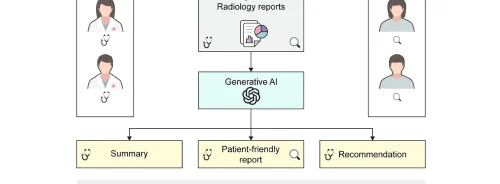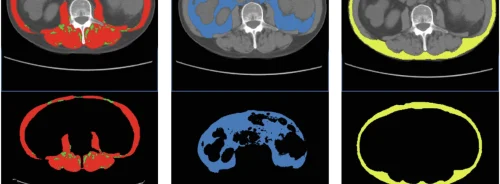HealthManagement, Volume 8 - Issue 2, 2008
European Society of Breast Cancer Specialists (EUSOMA)
Interviewee
Dr. Marco Rosselli Del Turco
President
European Society of Breast Cancer
Specialists (EUSOMA)
Florence, Italy
Why did You Decide to Focus Your Career on Dreast Cancer Imaging?
My participation in the student’s political movements at the time of my degree in medicine, inspired me to seek a new approach to medicine. Thus, I decided to dedicate my professional activity to prevention and I decided to apply for a job at a new centre for prevention of social diseases, just built in Florence. At that time the preliminary results of the Health Insurance Plan conducted by Dr. Philip Strax in New York, who had a very nice office on 5th Avenue, were very promising and our group decided to start the first European population-based screening programme in 25 municipalities in the outskirts of Florence.
How did You Come to be Elected to President of the European Society of Breast Cancer Specialists (EUSOMA)?
Since 2003, I have been member of the Executive Committee and following last year’s election I had the honour to be appointed President. I’ve been collaborating within European groups for breast cancer screening and with EUSOMA for a long time; as experts in radiology, our main task is to improve quality in mammography. I have been invited to participate in different EUSOMA workshops for the preparation of European Guidelines. This is an opportunity to collaborate with other European experts and increase my commitment to contributing to improvements in breast cancer care, developing projects on training for young health professionals, preparing guidelines on urgent issues such as the definition of quality indicators for breast cancer care, the use of MRI in breast cancer clinical diagnosis and the optimal organisation of a breast unit, etc.
How is EUSOMA Active in the Definition and Dissemination of Quality Standards for Audit and Accreditation of Breast Units?
The primary aim of EUSOMA is to harmonise at a high level, the quality of breast cancer care in Europe, drawing up guidelines on the different aspects of its care. One of the essential requirements for providing the best care to women is to guarantee they are treated in dedicated breast units. Therefore EUSOMA has written guidelines on the requirements of a specialist breast unit and based on this has defined a voluntary certification process, in order to foster their implementation and development. This is an increasing activity for the society; the number of units requesting to be certified is growing, as not only health professionals are eager to demonstrate they are working according to European standards in a multidisciplinary way, but also patients are aware about the importance of this and look for centres responding to well-defined criteria.
What are the Remaining Challenges for a European Standardised Breast Unit Accreditation System?
The big challenge is to prove that quality can only improve if you employ dedicated personnel, if doctors, nurses, radiographers and clerical staff are able to share their experience with the other colleagues involved in the same professional field, independently from their original specialty.
What is the ‘Gold Standard’ That a Breast Unit Must Achieve?
The mandatory requirements for a breast unit are a core team of specialised health professionals, who offer a high standard care with a multidisciplinary approach; a sufficient number of cases to allow effective working and expertise; data collection and audit; providing all services from genetics and prevention to treatment of primary tumours and care of advanced disease and finally, patient support.
What do We Know Today that has Made the Biggest Impact on Survival Rates?
We now know that the detectable preclinical phase of breast cancer is even longer than originally thought, and that new technologies can further advance time of diagnosis, although we risk some over-diagnosis. The challenge of research in this field is to better understand which cancers progress rapidly and need to be treated at a very early stage.
What is Your Best Advice for Other Managers in Breast Units?
To employ dedicated personnel, to maintain recall rates within 3 - 5%, and to implement digital mammography whenever possible. Multidisciplinary teams in breast units are essential, and triple assessment is already the standard for specialist breast cancer centres. A multidisciplinary meeting should be regularly organised once a week with the attendance of specialists in the different disciplines. Also, to avoid errors, they should measure the interval cancer rate, the rate of advanced cancer and the proportion of cancers under 1cm of diameter. If these measures are not at an acceptable level, an accurate training programme should be implemented and external advice should be considered.





